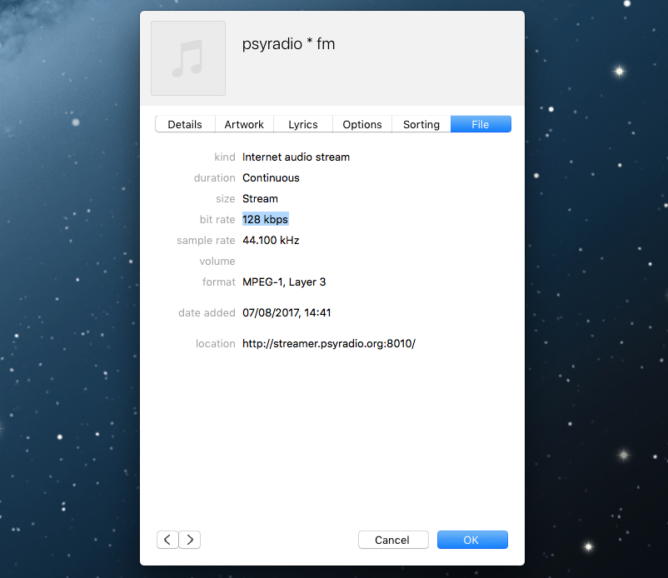the almighty one. dowe is all that is magestic in the world. he is our master, we must all bow down to his holiness. take every aweomse thing you know, multiply it by badass, add in some wonder and awe and is is the equivilent to DOWE. No one can compete. He is a god.
Source: Urban Dictionary: dowe
Facebook and Google are the only “safe,” free places to keep lots of photos now.
— Read on www.vox.com/the-goods/2019/2/6/18214046/flickr-free-storage-ends-digital-photo-archive-history
A sad reminder that the glory days of the internet are well over a decade ago.
#internet #gratis #flickr
Because if that’s the case, it probably doesn’t make much difference!
A tweet was recently posted featuring an advert claiming Firefox is the better browser in terms of respect for privacy:
Sadly, this isn’t the case, as this Pale Moon update clearly describes:
https://forum.palemoon.org/viewtopic.php?t=16154&p=117375#p117375
So, if you use #Firefox, best to expect information leakage back to #Google anyway. If you value your privacy and want a functional browser, check out Pale Moon!
#palemoon
Use Firefox? Best to still expect information leakage. #bigbrother #internet #privacy #security
A tweet was recently posted claiming Firefox is the better browser in terms of respect for privacy: Shots firedfox pic.twitter.com/yaKS2hwOyS — Kit (@meatcomputer) July 2, 2017 Sadly, this isn’t the case, as this Pale Moon update clearly describes:…
@Yahoo account deleted. Just not worth it any more.
Goodbye!
http://www.theverge.com/2016/3/6/11168718/ray-tomlinson-dead-inventor-of-email-obituary
Ray Tomlinson passed away Saturday. What a legacy to leave.


